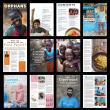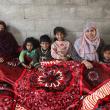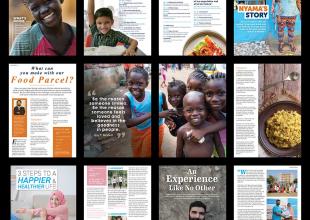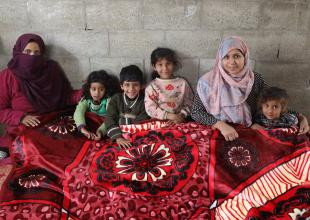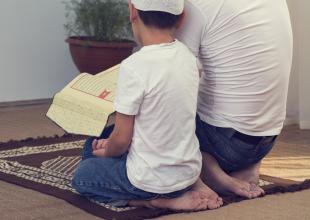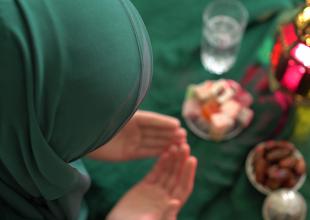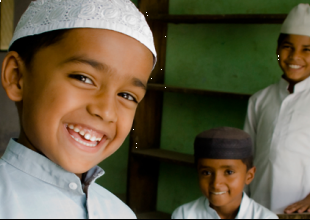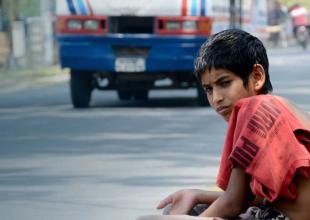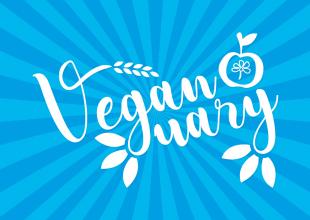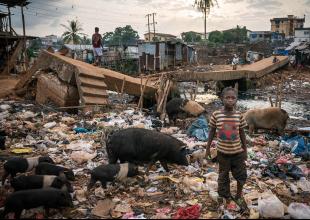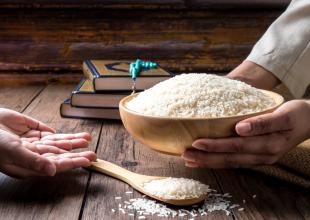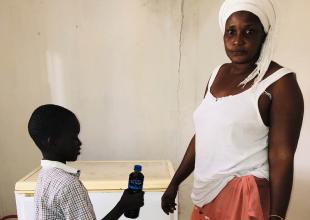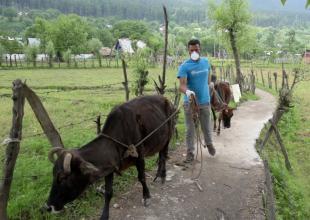Posted: Apr 09 2020
Disease and thePoor: How Coronavirusis Affecting Thosein Need
While the ongoing global pandemic COVID19 is impacting the lives of our friends, family and local communities on a daily basis, the same is happening all around the world. This is a serious illness that can have devastating effects for those who have good health, and those without – but for those in the grips of poverty and already seriously ill and vulnerable, it is an even bigger threat.
Poverty increases sicknesses and sickness increases poverty. It is a cycle that needs to be broken, or at the very least controlled – but where do we step in to help fix this problem?
Case Study: Saima, Karachi
Let’s take the case of a widow called Saima, living in Orangi Town, Karachi, Pakistan.
The settlements here house up to 2.4 million residents, many with approximately 10 people sharing two to three rooms, making social distancing a very difficult feat. Saima has three children to look after and feed, and with no qualifications or opportunities to work, she is putting her and her children at risk of starvation.
Even if Saima becomes sick herself, she still must try and find a way to work to provide for her children. She might expose herself to an environment where the working conditions are insufficient – for example, sorting through rubbish without being given protective gloves, a mask, or decent footwear.
Her children are already at risk by living in such a densely populated area where the risk of passing diseases from one person to another is greater than in most other places. The residents in this cluster of slums have built their own rudimentary sewage system that they manage themselves. As a result, there is also a risk that the water Saima and her children drink is contaminated and without the knowledge of how such diseases spread and the required sanitation facilities to keep themselves clean, the risk of death is high.
Should Saima or one of her children do fall sick, she won’t be able to afford the journey to the nearest hospital, let alone the required treatment. There have been several cases where those that are sick and have managed to make the journey to a hospital have been denied treatment because they simply can’t afford the bills.
Not being able to protect her children is Saima’s biggest fear.
So, what can we do to help?
During the COVID19 pandemic, it is vital to continue supporting the poor and needy and do what we can to help save them. We can do this by:
- Educating them on what infectious diseases are
- Show them how to prevent such diseases from spreading
- Giving them the tools to help them stay safe and healthy, such as food and hygiene supplies
Why is this important? Simply put, if just one person in a densely populated area like the slums in Karachi becomes infected, without being able to protect themselves and those around them, then it highly likely that millions of people will end up infected and almost a million people dead as a result.
What is COVID19?
COVID19 (Corona Virus Disease 2019) is an infectious disease that is currently affecting people around the world, with the first case noted in December 2019 in China. There are various strains and, currently, there is no vaccine or cure. The disease affects the respiratory system, and symptoms include high fever, tiredness, and a persistent, dry cough.
While as many as 80% of those who contract COVID19 only have mild symptoms and do not require medical attention, the most vulnerable in society (including those with ongoing health problems, the elderly and pregnant women), those without access to adequate sanitation and the ability to distance themselves from those with the illness are also at high risk of catching this infectious disease.
More information about this disease and prevention methods can be found here.
How are Orphans in Need helping?
Our team on the ground, as well as those within orphan homes, have been provided with Personal Hygiene Grants to allow them to buy both hygiene and sanitation supplies for themselves and their families, as well as our stakeholders.
Our UK based teams are working in line with UK Government advice, ensuring social distancing is maintained along with strict hygiene practices and working from home where possible.
We are doing this to ensure that we are still able to provide the help needed around the world.
Now more than ever, we are working tirelessly to provide essential Food Parcels to those in need this Ramadan; if you would like to donate to this essential cause during unprecedented times in modern history, then please visit our Coronavirus Food Parcel Donation page here.

